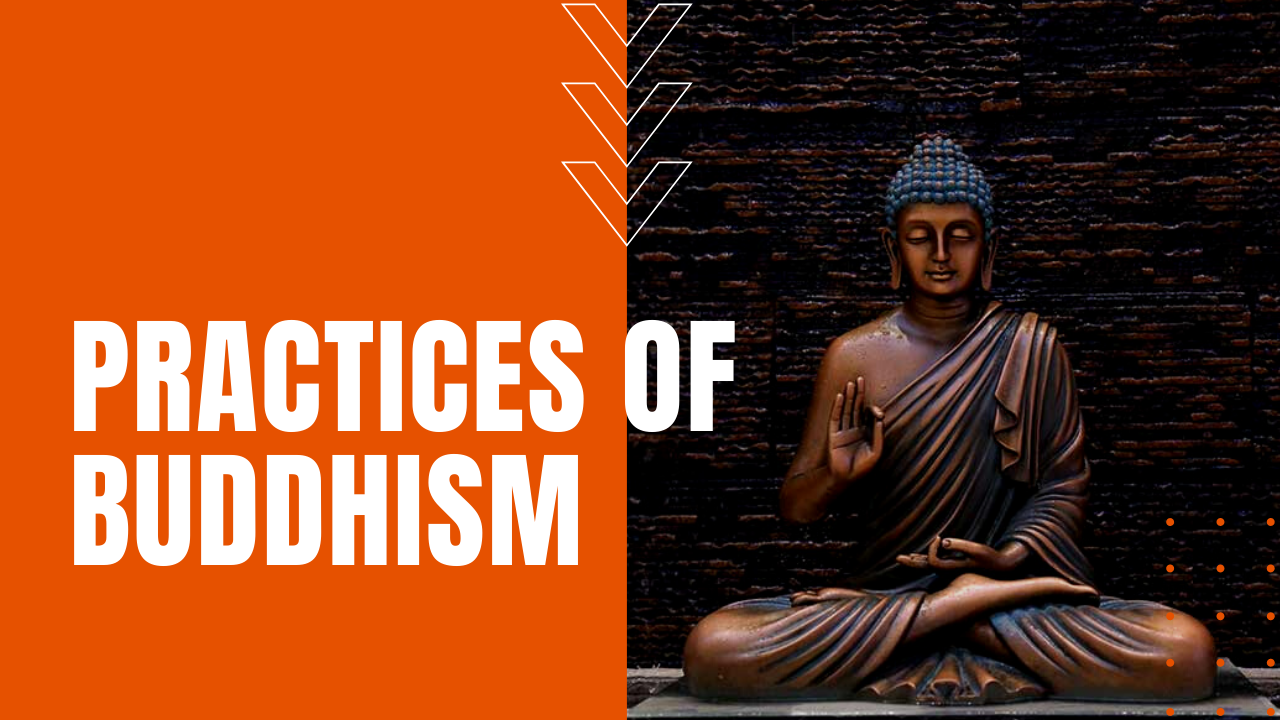Buddhist Practices: The Basics of Buddhism

The basic teachings of Buddha, who lived in northern India during the 6th century BCE include The Three Universal Truths, The Four Nobel Truths and The Noble Eightfold Path.
Three Universal Truths
The Three Universal Truths insist that nothing is lost in the universe, for every event that occurs will be followed by another event whose existence was caused by the first, and this second event will be pleasant or unpleasant based on a person’s good or bad karma employed in causing the first event.
Buddhists also focus on three trainings or practices, including Sila or the principle of human equality. Much like the “Golden Rule” in Christianity, Sila teaches people to do unto others as you would wish them to do unto you.
Samadhi is the practice of concentration, meditation and mental development, which allows for freedom from suffering by strengthening the mind’s ability to maintain good conduct. The third training is Prajna, which is the real heart of Buddhism, teaching that through discernment, insight and enlightenment, wisdom will prevail if your mind is pure and calm.
Four Noble Truths
Buddha also established The Four Noble Truths, which further explore the nature of human suffering.
1. Dukkha
Dukkha is the understanding that suffering is real and universal, caused by loss, sickness, pain, failure and the impermanence of pleasure.
2. Samudaya
Samudaya is the second noble truth, which states that suffering is due to a person’s desire to have and control things. It can take many forms, including craving sensual pleasures, the desire for fame and notoriety, and the desire to avoid unpleasant sensations such as fear, anger or jealousy.
3. Nirodha
Nirodha is the third noble truth, which maintains that attachment and suffering can be vanquished by the final liberation of Nirvana, when the mind frees itself of all desires and cravings.
4. Magga
Magga comprises the fourth noble truth, or the final death of suffering, which can only be achieved by following eight principles of right thinking and controlled physical behavior.
